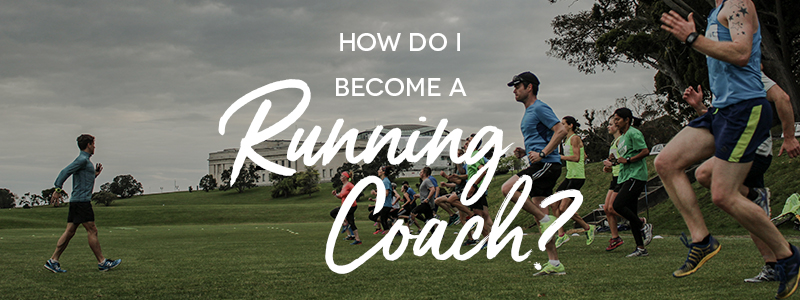
The world needs more running coaches! They help runners of all types get the most from their sport and navigate all those pitfalls like injury and self-doubt. So, how do you become a running coach?
Here are a few tips from my journey:
- Start by Coaching Yourself: Become a student of your own sport. Keep a training diary, experiment with yourself, and turn everything (including injuries and low points) into learning opportunities.
- Read! There are bucket loads of great running coaching books out there. Aim to consume lots of them, take notes, compare and contrast those notes, and keep an open mind to take and test pieces from all sorts of sources. A great place to start is Daniels’ Running Formula from US coach Jack Daniels—as the name suggests, it takes a formulaic approach, but does a great job at explaining the reasons behind those formulas, so if you can understand the reasoning then you can look for times when those formulas don’t apply.
- Get a Mentor or Three: There are some many wise running coaches out there. Almost every community will have someone who is experience and knowledgeable in the mental and/or physiological aspects of running that you can look up to and pick their brains.
- Coach Friends & Family: Once you’ve got a good handle on coaching yourself and have read enough to understand that not everyone is going to respond the same as you to various training stimuli, then it’s time to branch out and coach friends and family. When you do, be sure to ask them LOTS of questions and gain as many data points as possible to understand how they’re responding physically and mentally to the training.
- Balance the Physiology with the Psychology: This point should really be listed twice. Although you need to have a good understanding of how the body works and responds to training, the real job of the coach is the emotional and mental health of the runner. If they’re happy, they’ll keep training. If they keep training, they’ll get fitter!
- Take a Course: Every governing body of athletics will have coaching courses you can do. Be sure to check them out. Even a course in kids throwing and jumping will help you with transferable coaching skills to coaching adult runners.



